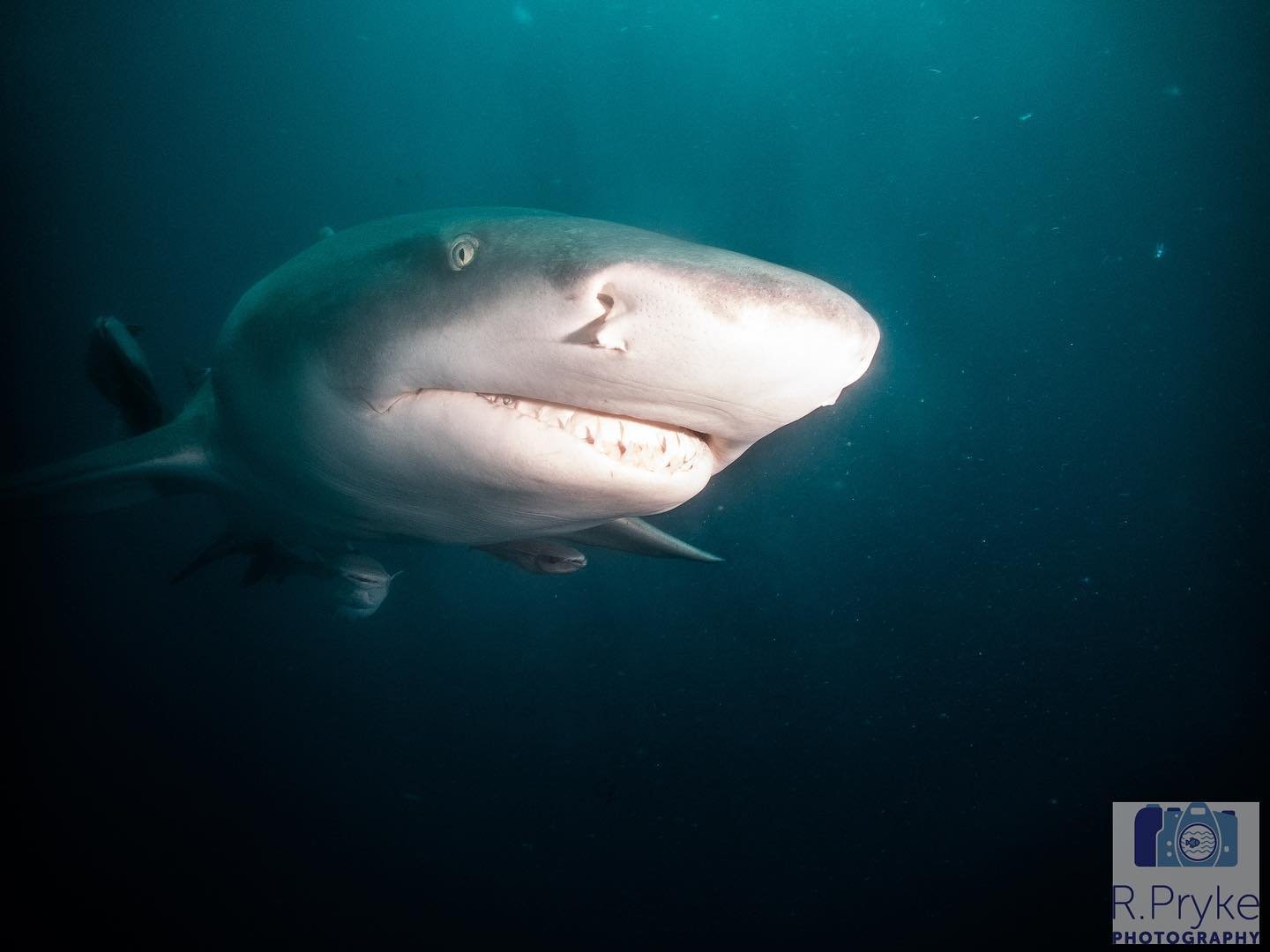National Threatened Species Day
Rachel Pryke, Contributing Writer
Today is National Threatened Species Day! This day first organized in 1996, is dedicated to a continued effort to raise awareness of plants and animals at risk of extinction. Here at Conservation Key, we focus on various species in south Florida, many of which are listed on the IUCN Redlist.
South Florida is well known for being home to sharks such as Bull Sharks, Lemon Sharks, Great Hammerhead Sharks, and more. These species all hold a status of Vulnerable or greater with trends of decreasing population size.
A gorgeous Lemon Shark (Negaprion brevirostris) with Remoras (Remora Remora) off the coast of Jupiter, Florida. This shark species is currently registered as vulnerable by the IUCN due too over-fishing.
Photo Credit: Rachel Pryke
Queen Conch is a rare but wonderful sight in South Florida. Once decreasing rapidly in population due to overfishing, these mollusks are slowly but surely coming back into our oceans!
A Queen Conch, photo credit: Queen Conch Lab
Florida is home to the only coral reef system in the continental United States. Stretching almost 350 miles, Florida’s Coral reef goes from the Dry Tortugas to the St. Lucie Inlet. It is home to more than 45 species of stony corals and 35 species of octocorals reef-building corals that provide shelter, food, and breeding sites for millions of plants and animals. Due to coastal development, water pollution, and mass bleaching events seen in South Florida since the 80s, our coral reef ecosystem faces many threats.
Photo Credit: The Ocean Agency
While these may seem like separate parts of our marine ecosystem, they are all intertwined, so by taking steps to help the one, you help them all! As always, reduce your single-use plastic consumption as much as possible, join a local beach clean up, Follow the principles of Florida-Friendly Landscaping to reduce pollutant loading and dispose appropriately of said products. And if you are spending time on or in the water, learn safe practices and report incidents to SEAFAN.
Sources: IUCN.org, Cites.org, Floridascoralreef.org




